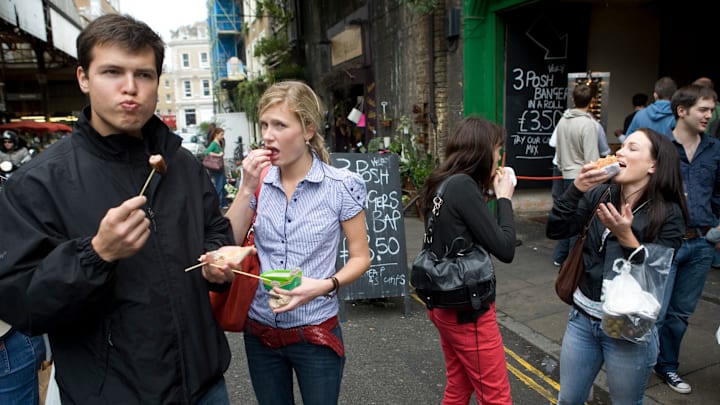Culinary Journeys: Exploring the World Through Food

Food is a universal language, and culinary experiences are a significant part of the travel adventure. Exploring new destinations often means savoring local cuisine, which offers insights into the cultural and historical fabric of a place. Culinary journeys enrich the travel experience by providing a deeper understanding of a region's traditions, ingredients, and cooking techniques, making food an essential aspect of cultural exploration.
The act of tasting local dishes serves as a direct connection to a destination’s heritage. Each region has its unique culinary practices, influenced by historical events, climate, and available resources. For instance, street food in Thailand reflects a vibrant mix of influences from Chinese, Indian, and local Thai flavors, revealing the country’s rich history of trade and migration. Similarly, Italian pasta dishes vary widely from region to region, showcasing local ingredients and traditional recipes passed down through generations. By sampling these dishes, travelers gain a richer appreciation of the local culture and history.
Culinary experiences also provide opportunities for deeper engagement with local communities. Dining at family-owned restaurants, participating in cooking classes, or visiting local markets allows travelers to interact with residents and learn about their daily lives. These interactions often lead to meaningful conversations and a better understanding of cultural norms and values. Cooking classes, in particular, offer hands-on experiences that teach travelers not only how to prepare local dishes but also the stories and traditions behind them.
Moreover, food tourism has become a significant economic driver for many destinations. Local markets, food festivals, and culinary tours attract visitors and generate income for small businesses and artisans. This influx of tourism can help preserve traditional culinary practices and support local producers. For example, the success of wine tourism in regions like Bordeaux or Napa Valley has helped sustain local vineyards and promote sustainable agricultural practices.
However, food tourism also comes with challenges. It’s essential for travelers to approach culinary experiences with respect and mindfulness. Over-commercialization of local cuisine can sometimes lead to the exploitation of traditional recipes and ingredients. Additionally, the increasing popularity of food tourism can contribute to environmental issues, such as increased waste and resource consumption. Travelers should seek out authentic experiences that prioritize sustainability and support local communities.
In conclusion, exploring the world through food offers a rich and immersive travel experience. Culinary journeys provide insights into a region’s culture and history, foster connections with local communities, and contribute to the economic vitality of destinations. By approaching food tourism with respect and mindfulness, travelers can enjoy a deeper and more meaningful connection to the places they visit.